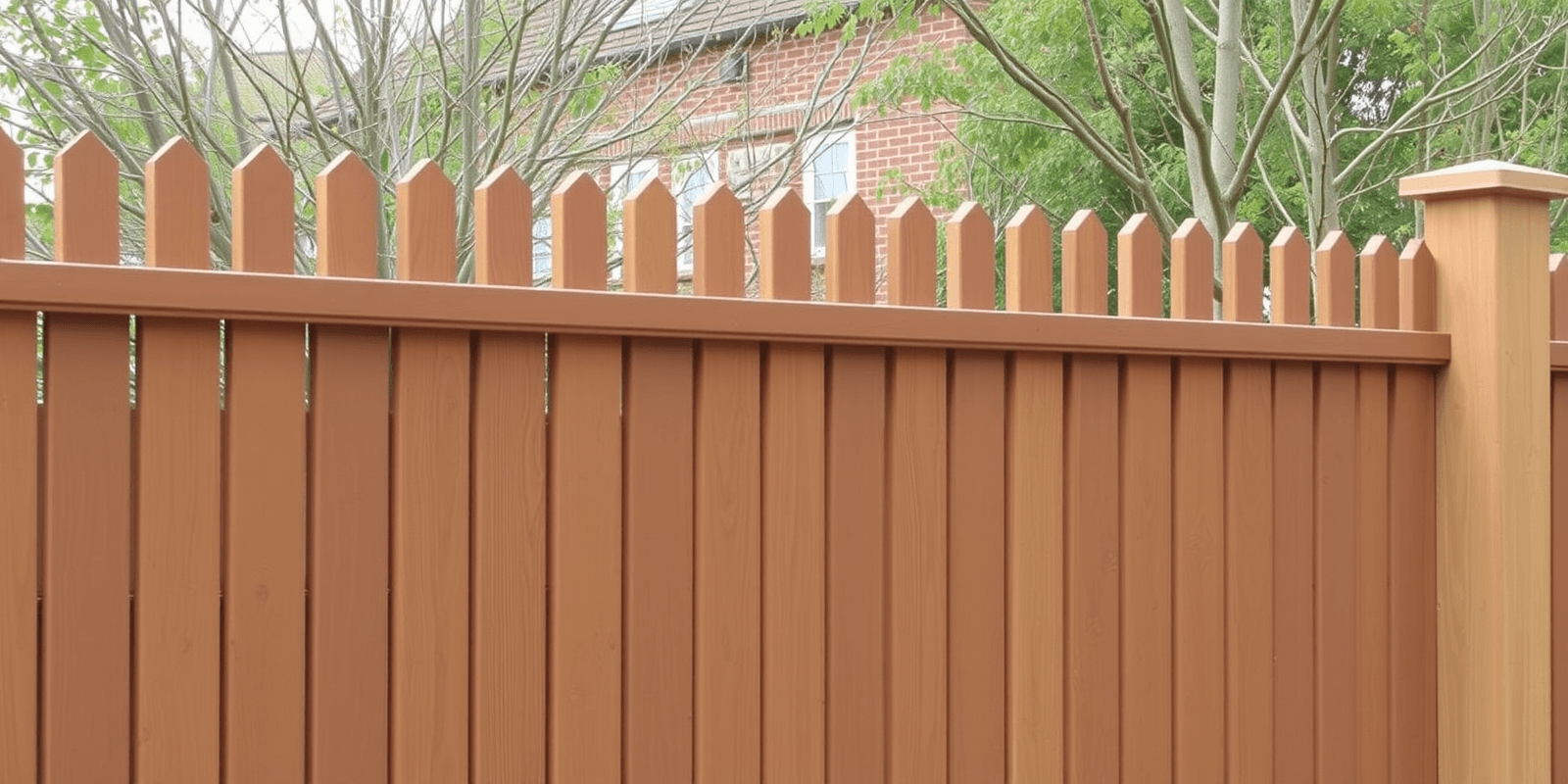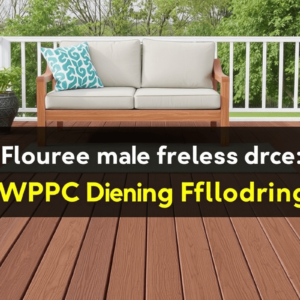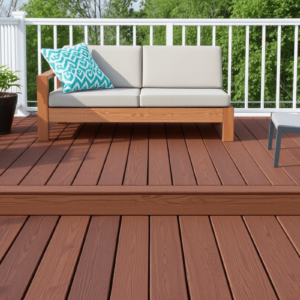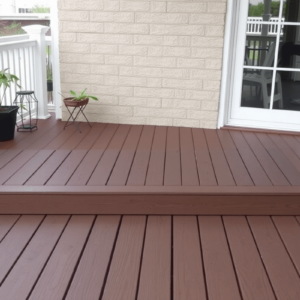Is Composite Decking Suitable for Your Fencing Needs?
Introduction
Composite decking, a popular choice for outdoor living spaces, has gained attention as a versatile material that can also be used for fencing. This article delves into whether composite decking is the right choice for your fencing needs, addressing its benefits, drawbacks, and suitability in various scenarios. By exploring real-life examples and case studies, we aim to provide a comprehensive guide for making an informed decision.
Understanding Composite Decking
Composite decking is made from a mixture of wood fibers and plastic materials, often recycled, which makes it highly durable and resistant to moisture, insects, and rot. Its low maintenance requirements and aesthetic appeal have made it a favorite among homeowners looking for a long-lasting and attractive outdoor solution. However, when it comes to fencing, there are specific considerations that need to be addressed.
Benefits of Using Composite Decking for Fencing
One of the primary advantages of using composite decking for fencing is its durability. Unlike traditional wood fences, composite fencing resists warping, cracking, and splitting, even under harsh weather conditions. This longevity means less frequent replacement and lower overall costs over time. Additionally, composite fencing requires minimal upkeep; it doesn’t need painting or staining, saving both time and money on maintenance.
Drawbacks and Considerations
Despite its many benefits, composite decking for fencing isn’t without its drawbacks. One significant consideration is the initial cost; composite materials tend to be more expensive than traditional wood. Another factor is the weight of composite boards, which may require a stronger fence structure to support them. Moreover, while composite fencing is generally more resistant to pests, it can still be susceptible to damage from certain types of insects if not properly treated.
Real-Life Examples and Case Studies
Let’s consider a few real-life examples to better understand how composite decking fares in different fencing applications. For instance, the Smith family in suburban Chicago opted for composite fencing due to its low-maintenance requirements and resistance to weather elements. After five years, their fence remains in excellent condition with only occasional cleaning needed, proving the durability and practicality of this choice.
In contrast, the Johnsons in rural Texas faced challenges with their composite fence when termites infested the area. Although the fence did not immediately succumb to the infestation, they learned the importance of selecting pest-resistant options or treating the material to prevent future issues.
Conclusion
Composite decking can indeed be a suitable option for fencing, offering numerous advantages such as durability and low maintenance. However, it’s crucial to weigh these benefits against potential drawbacks like higher initial costs and specific environmental considerations. By carefully assessing your needs and circumstances, you can make an informed decision that best suits your fencing requirements.





Reviews
There are no reviews yet.